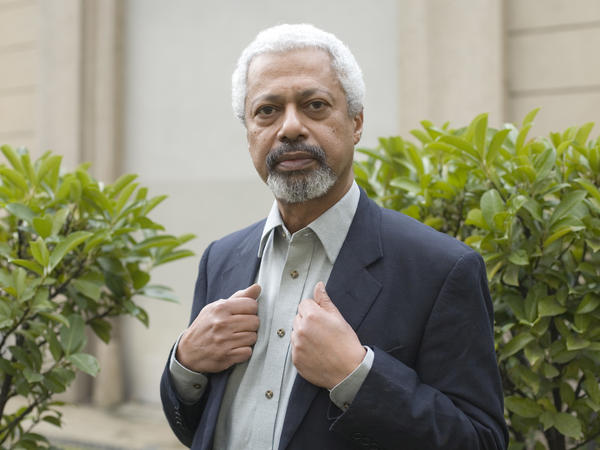Akeem Lasisi
Amid the excitement and debate greeting the announcement of the 2021 winner of the Nobel Prize for Literature, Abdulrazak Gurnah, it may be worthwhile to get familiar with what it takes the panel of the covetous award to arrive at their decisions. This will be helpful in answering some of the questions often sparked by the Nobel deities’declarations.
For instance, despite the fact that this year’s prize has come toAfrica – Gurnah is a Tanzanian – some have wondered when it will be the turn of a writer they have been waiting to see win – legendary Ngũgĩ wa Thiong’o. But there have also been some sharp voices of caution – if not wisdom – saying such posers are irrelevant. One remembers the intervention, on Facebook, of writers that include Deji Toye and Abimbola Adelakun in this regard, with the latter warning that Ngũgĩ is far bigger than anybody’s petty pity.
In the light of this, I find a submission by Ellen Wattson, an award winning author and member of the Swedish Academy and the Nobel Committee, revealing. According to her, quality is the key word, and excellence is sacrosant. Yet, she says, both are not enough as the winning writer/works must command some phenomenon that even she too finds almost too intriguing to a particular expression.
In an interview with her, tagged ‘Behind the scenes of the Nobel Prize in Literature’published on THE NOBEL PRIZE website, Wattson notes on the criteria used to choose the Nobel Prize laureates:
“It’s all about quality. Literary quality, of course. The winner needs to be someone who writes excellent literature, someone who you feel when you read that there’s some kind of a power, a development that lasts through books, all of their books. But the world is full of very good, excellent writers, and you need something more to be a laureate. It’s very difficult to explain what that is. It’s something you’re born with, I think. The romantics would call it a divine spark. For me, it’s a voice that I hear in the writing that I find within this particular writer’s work and nowhere else. It’s very difficult to explain what it is, but I always know when I find it. It’s something you’re born with. A talent that gives that extra dimension to that particular writer’s work.”
For Gurnah, the Swedish Academy underscored “dedication to truth” and “aversion to simplification’.
The Academy said, “Gurnah’s dedication to truth and his aversion to simplification are striking. This can make him bleak and uncompromising, at the same time as he follows the fates of individuals with great compassion and unbending commitment. His novels recoil from stereotypical descriptions and open our gaze to a culturally diversified East Africa unfamiliar to many in other parts of the world. In Gurnah’s literary universe, everything is shifting – memories, names, identities. This is probably because his project cannot reach completion in any definitive sense. An unending exploration driven by intellectual passion is present in all his books, and equally prominent now, in Afterlives, as when he began writing as a 21-year-old refugee.”



